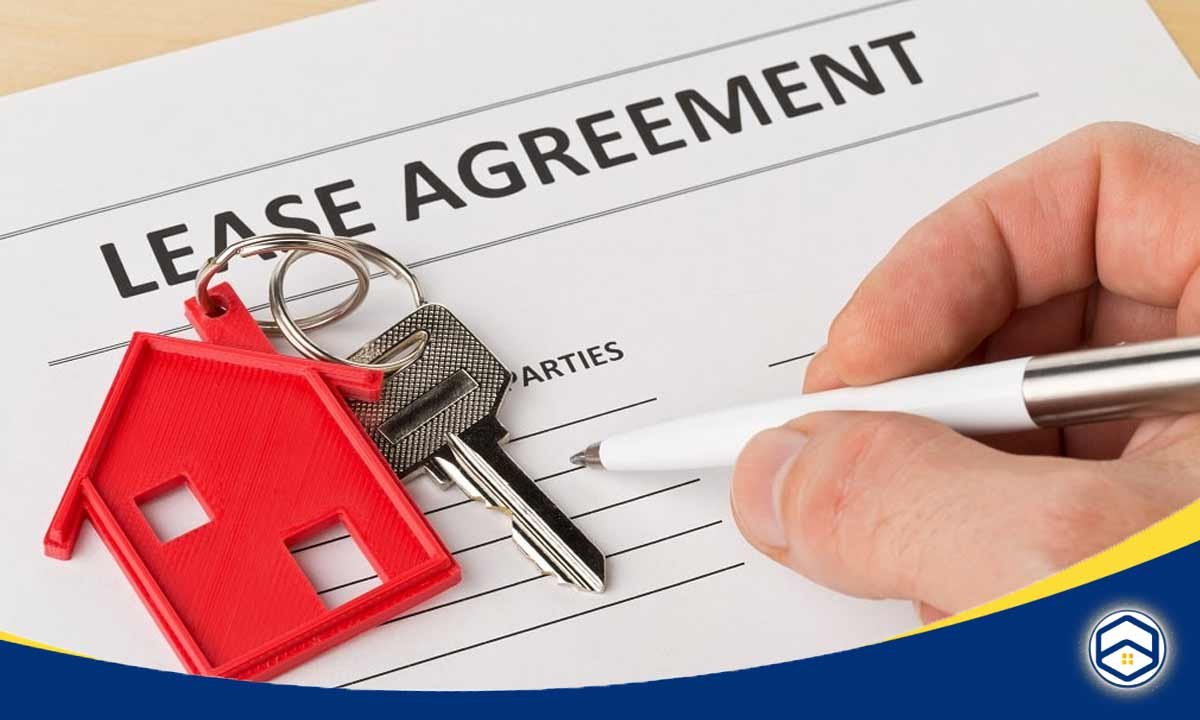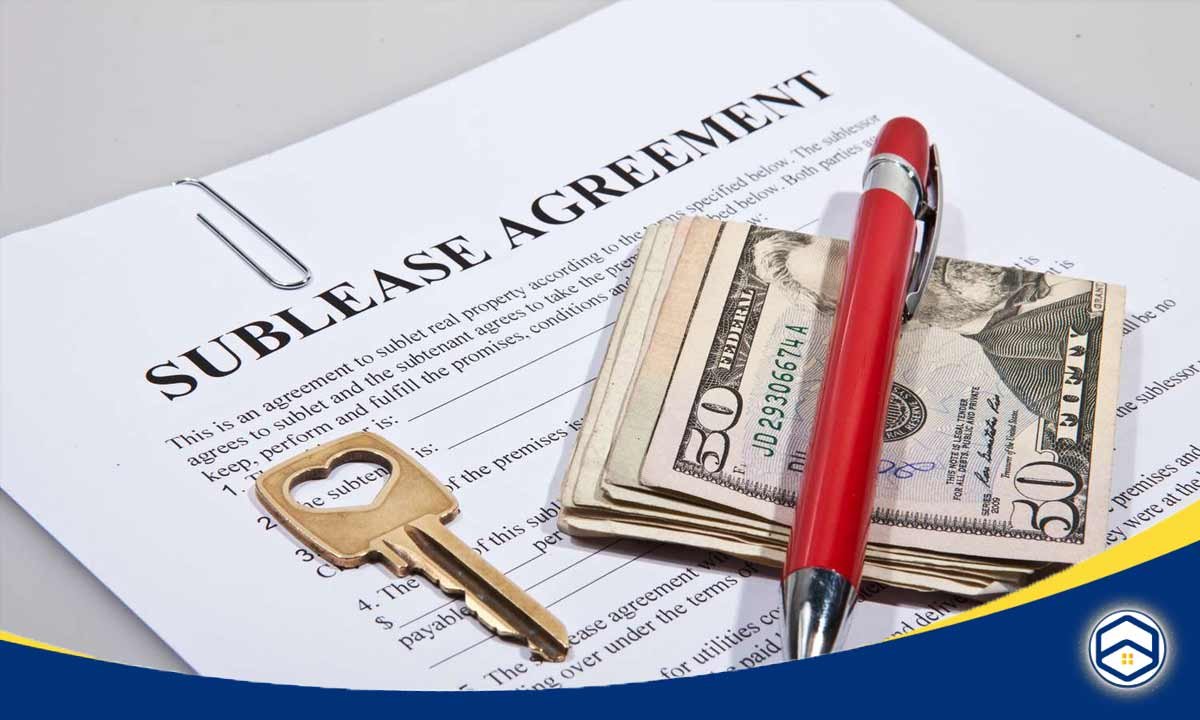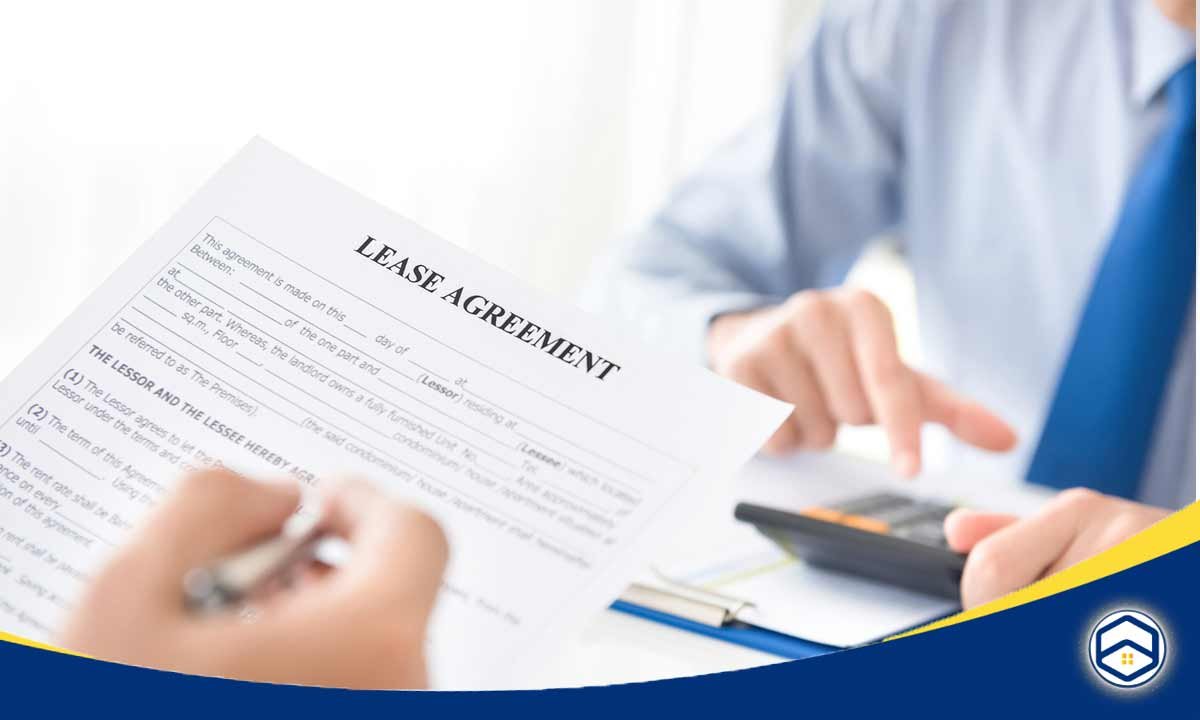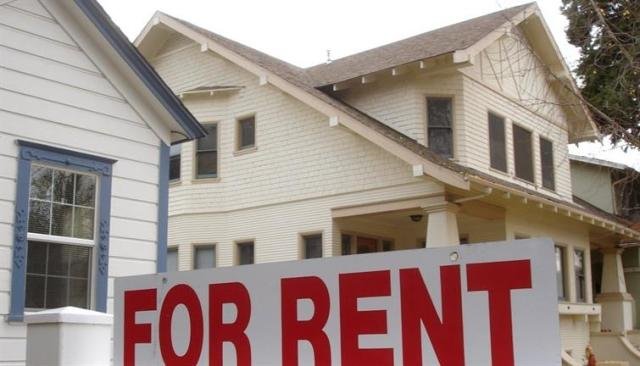Breaking a lease is often a challenging and stressful decision, especially in a city like Houston where rental laws are strictly governed by Texas property regulations. Whether it’s due to unforeseen life events or dissatisfaction with your current rental, knowing your rights and obligations is crucial. This detailed guide will walk you through every aspect of breaking a lease in Houston, including the legalities, financial implications, and best practices to handle the process smoothly.
Understanding Lease Agreements in Houston
A lease agreement is a foundational document in any landlord-tenant relationship, serving as a legally binding contract that outlines the rights and responsibilities of both parties during the rental term.
In Houston, lease agreements follow Texas property law, ensuring consistency and clarity. Understanding the key components of a lease agreement is essential to avoiding potential disputes or misunderstandings.

A lease agreement establishes the terms under which a tenant rents property from a landlord. It is designed to protect both parties by detailing expectations and obligations. In Houston, these agreements typically include:
- Rent Amount and Due Date: The monthly rent and when it should be paid, along with any late fees or penalties for overdue payments.
- Duration of the Lease: Specifies the rental term, which could range from short-term (e.g., 6 months) to long-term (e.g., 1 year or more).
- Maintenance and Utilities Responsibilities: Defines who is responsible for repairs, maintenance, and utility payments. For example, tenants may be required to handle minor repairs, while landlords cover structural issues.
- Provisions for Termination: Outlines the conditions under which the lease can be terminated early, such as by providing written notice or fulfilling specific obligations.
Lease agreements in Houston are legally enforceable, meaning tenants who break their lease without valid reasons may face significant financial or legal consequences. Understanding these terms ensures tenants are prepared for their obligations.
Common Reasons Tenants Break Their Lease
While lease agreements are designed to provide stability, unforeseen circumstances can force tenants to reconsider their arrangements. Some common reasons tenants break their lease include:
- Job Relocation: Houston is home to industries such as energy, healthcare, and technology, which often require employees to relocate. Tenants may need to move for career advancements, transfers, or new job opportunities in different cities.
- Financial Hardship: Sudden financial difficulties, such as a job loss, unexpected medical expenses, or family emergencies, can make paying rent impossible. While financial hardship isn’t always a legal reason to break a lease, many landlords may consider working with tenants to find a solution.
- Uninhabitable Conditions: Texas law mandates that rental properties meet basic habitability standards. Issues such as mold, pest infestations, faulty plumbing, or electrical hazards can render a property unsafe to live in. If a landlord fails to address these problems after being notified, tenants may have legal grounds to terminate their lease early.
- Personal Safety Concerns: Concerns about personal safety, such as being a victim of domestic violence or stalking, are legally recognized as valid reasons to break a lease. Texas law provides protections for individuals in these situations, allowing them to terminate their lease without penalty by providing proper documentation.
Legal Grounds for Breaking a Lease in Houston
Texas law recognizes specific situations where tenants are allowed to break a lease without penalty. These are vital to know if you’re considering early termination:
Military Deployment
Under the Servicemembers Civil Relief Act (SCRA), active-duty military personnel can terminate their lease early if they receive deployment or permanent change-of-station orders. Tenants must provide:
- Written notice of termination.
- A copy of military orders.
Domestic Violence, Stalking, or Sexual Assault
Victims of abuse or stalking have legal protection under Texas law. They can end their lease early by providing:
- A police report or court order.
- Documentation from a licensed healthcare professional or support organization.

Uninhabitable Living Conditions
Houston landlords are required to maintain habitable living conditions, which include:
- Functioning plumbing, heating, and electricity.
- Free from pest infestations or structural hazards.
If landlords fail to address serious issues after being notified, tenants may have grounds for lease termination.
Health or Senior Care Needs
Tenants who need to move into a nursing home or assisted living facility may legally terminate their lease with proper documentation from a healthcare provider.
Alternatives to Breaking a Lease
If your circumstances don’t fall under legal protections, consider these alternatives to avoid penalties:
Subletting the Property
Subletting is a common solution that allows you to hand over the responsibility of the rental to another tenant temporarily. Many leases in Houston permit subletting under specific conditions.
When Subletting is an Option:
- Your lease explicitly allows subletting or your landlord provides written approval.
- The subtenant meets the landlord’s screening requirements, such as income verification or background checks.
- You remain accountable for the rent and damages if the subtenant defaults, so selecting a trustworthy individual is essential.
Steps to Sublet:
- Seek Approval: Notify your landlord of your intent and confirm the sublease terms.
- Create a Sublease Agreement: Draft a legal document outlining the subtenant’s obligations, aligning them with your original lease terms.
- Document the Condition of the Property: Conduct a walkthrough and document the property’s condition to avoid disputes later.
Subletting can provide flexibility and financial relief while keeping you in compliance with your lease.

Lease Transfer or Assignment
A lease transfer, also known as a lease assignment, permanently shifts all obligations and rights under your lease to a new tenant. This option is ideal for tenants who wish to exit their lease entirely.
How it Works:
- Landlord Approval: Most landlords require written consent before a lease transfer.
- Replacement Tenant: The new tenant must pass the landlord’s screening process and agree to the existing lease terms.
- Administrative Fees: Some landlords charge a fee for processing the transfer.
Benefits of Lease Transfer:
- It eliminates your liability for rent payments or property damages.
- You avoid potential penalties for breaking the lease early.
Ensure that you document the transfer agreement thoroughly and retain copies of all communications with the landlord.
Negotiating with Your Landlord
Direct negotiation with your landlord can often lead to mutually beneficial solutions. Landlords may be open to adjustments if you approach them with a proactive and cooperative attitude.
Effective Negotiation Strategies:
- Provide a Replacement Tenant: Offering a reliable tenant who meets the landlord’s requirements can make your request more appealing.
- Leverage Market Conditions: If rental demand is high, landlords may prefer to re-rent the property quickly rather than enforce lease terms.
- Be Transparent: Explain your situation honestly, whether it’s a job relocation, financial hardship, or a personal issue.
In many cases, landlords value good tenant relationships and may be willing to work out a compromise.
Short-Term Buyout
A lease buyout involves paying a negotiated fee to terminate the lease early. This option is a common middle ground in Houston’s rental market.
How It Works:
- Discuss the terms of the buyout with your landlord. This may include covering the cost of advertising and lost rent until a new tenant is found.
- Offer a lump-sum payment or a reduced rent for the remaining term to mitigate the landlord’s losses.
Benefits of a Buyout:
- Provides a clear and amicable resolution to end the lease.
- Saves both parties the hassle of legal disputes.
While it may involve upfront costs, a lease buyout can save money in the long term compared to potential penalties.
Related post: 5 Effective Steps: Houston Lease Renewal Process in 2025
The Process of Breaking a Lease in Houston
Breaking a lease in Houston involves careful planning and adherence to both your lease terms and Texas law. Here’s a detailed guide:
Step 1: Understand Your Lease Agreement
Review your lease for:
- Early Termination Clauses: Some agreements allow early termination under specific conditions, like paying a fee.
- Notice Requirements: Typically, tenants must provide written notice, often 30-60 days in advance.
- Financial Penalties: Check for any fees or obligations tied to breaking the lease.
Step 2: Open Communication with Your Landlord
Inform your landlord promptly and in writing about your intention to break the lease. Include:
- A clear explanation of your reasons.
- Supporting documentation (if applicable, such as job relocation orders).
- A suggested move-out timeline.
Step 3: Consider Subletting or Finding a Replacement Tenant
Under Texas law, landlords must make reasonable efforts to mitigate damages by finding a new tenant. You can assist by:
- Advertising the property.
- Screening potential tenants.
- Proposing a sublease if allowed under your lease agreement.

Step 4: Explore Legal Justifications for Breaking the Lease
In certain situations, you may be legally justified to terminate the lease without penalties, such as:
- Uninhabitable living conditions.
- Landlord harassment or privacy violations.
- Military service obligations under the Servicemembers Civil Relief Act (SCRA).
Step 5: Conduct a Final Walkthrough
Before vacating:
- Schedule a walkthrough with your landlord to inspect the property.
- Document the unit’s condition with photos or videos.
- Address any damages to maximize your chances of receiving a full security deposit refund.
Step 6: Negotiate and Finalize Terms
If penalties apply, negotiate payment terms or a reduced fee. Ensure all agreements are documented in writing to avoid future disputes.
Following these steps helps minimize financial and legal risks when breaking a lease in Houston. For more specific advice, consult local tenant resources or legal professionals
Financial Implications of Breaking a Lease
Breaking a lease in Houston without valid legal justification can have significant financial repercussions. Understanding these consequences can help tenants make informed decisions and potentially minimize costs. Below is a detailed breakdown of the potential impacts:
Early Termination Fees
Most lease agreements in Houston outline fees for early termination to cover the landlord’s inconvenience and costs. Key details include:
- Standard Fees: These can range from one to three months’ rent or a set penalty amount specified in the lease.
- Negotiation Possibilities: If no specific clause exists, tenants may still negotiate a buyout to avoid harsher consequences.
- Legal Backing: Texas property law allows landlords to enforce penalties if the tenant exits without fulfilling the agreed-upon lease terms.
Proactively discussing these fees with your landlord may provide an opportunity for a reduced or flexible payment structure.
Responsibility for Remaining Rent
In many cases, tenants remain responsible for rent payments until:
- The lease term ends.
- A new tenant takes over the lease.
Landlord’s Obligation to Mitigate Losses:
- Texas law requires landlords to make reasonable efforts to re-rent the property.
- If a new tenant is found quickly, your responsibility may be limited to the period the unit remained vacant.
Risks of Delays:
- If the rental market is slow, the property may remain unoccupied for an extended time, significantly increasing your financial burden.
Security Deposit Deductions
Your landlord can use your security deposit to cover costs related to your lease termination, including:
- Unpaid Rent: Any outstanding rent at the time of termination.
- Cleaning and Repairs: Costs for restoring the property to a rentable condition, excluding normal wear and tear.
- Administrative Fees: Additional charges for processing the lease break.
Protecting Your Deposit:
- Perform a thorough cleaning and minor repairs before moving out.
- Document the property’s condition with photos or videos to contest unfair deductions.
- Attend a move-out inspection to ensure transparency.
Negative Impact on Credit Score
Failure to pay outstanding rent, fees, or penalties can lead to severe credit consequences:
- Reporting to Credit Bureaus: Landlords may report unpaid balances to agencies like Experian, Equifax, and TransUnion.
- Debt Collections: Overdue payments might be sent to collections, which can further harm your credit score.
- Long-Term Impact: Poor credit can affect your ability to secure loans, credit cards, or future rental agreements.
To protect your credit, strive to settle all financial obligations before leaving.
Potential Legal Fees
If disputes arise, landlords may file a lawsuit for breach of contract. This can result in:
- Court-ordered payment of overdue rent or penalties.
- Additional costs for legal representation and court fees.
Avoiding Legal Action:
- Communicate openly with your landlord and document all agreements.
- Work towards a mutually acceptable solution to prevent the need for legal intervention.
Diminished Future Housing Opportunities
Breaking a lease can tarnish your rental history, making it harder to secure housing in the future. Common consequences include:
- Red Flags on Background Checks: Many landlords conduct tenant screenings, and lease violations can raise concerns.
- Loss of Deposits for Future Rentals: You may need to pay higher security deposits as a perceived high-risk tenant.
- Limited Housing Options: Some landlords might reject applications based on your rental history.
FAQs
Can I Break a Lease for Financial Hardship?
Financial hardship is not a legal reason for breaking a lease, but some landlords may be willing to negotiate payment plans or lease modifications.
What Happens If I Don’t Pay the Penalties?
Landlords can take legal action, including filing a lawsuit or reporting to credit agencies.
How Long Does the Landlord Have to Return My Deposit?
In Texas, landlords must return the security deposit within 30 days of move-out, along with an itemized list of deductions.
Conclusion
Breaking a lease in Houston is a complex process that requires a thorough understanding of your rights and obligations. Whether you’re dealing with personal challenges, legal justifications, or landlord negotiations, planning and communication are key. Always consult your lease, know your legal protections, and seek professional advice when needed to ensure a smooth and fair resolution.
By taking the right steps, you can navigate this process responsibly and minimize its impact on your finances and rental history.










